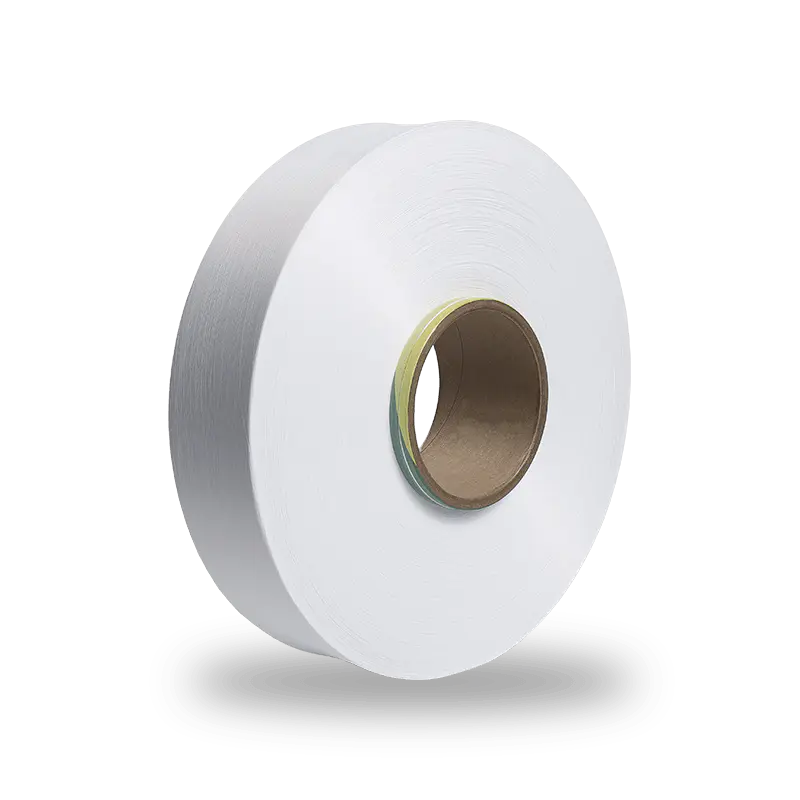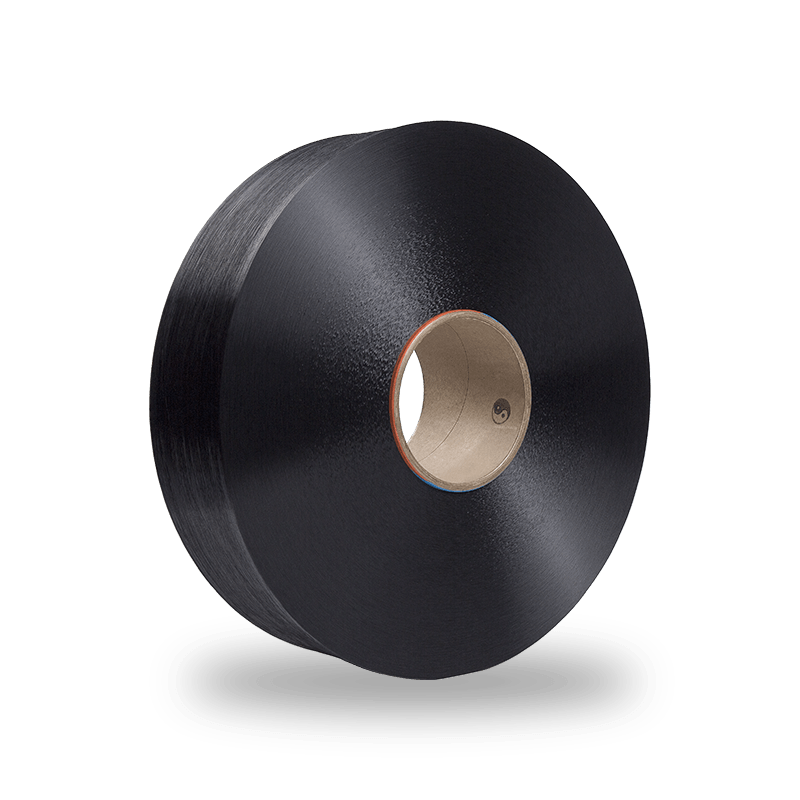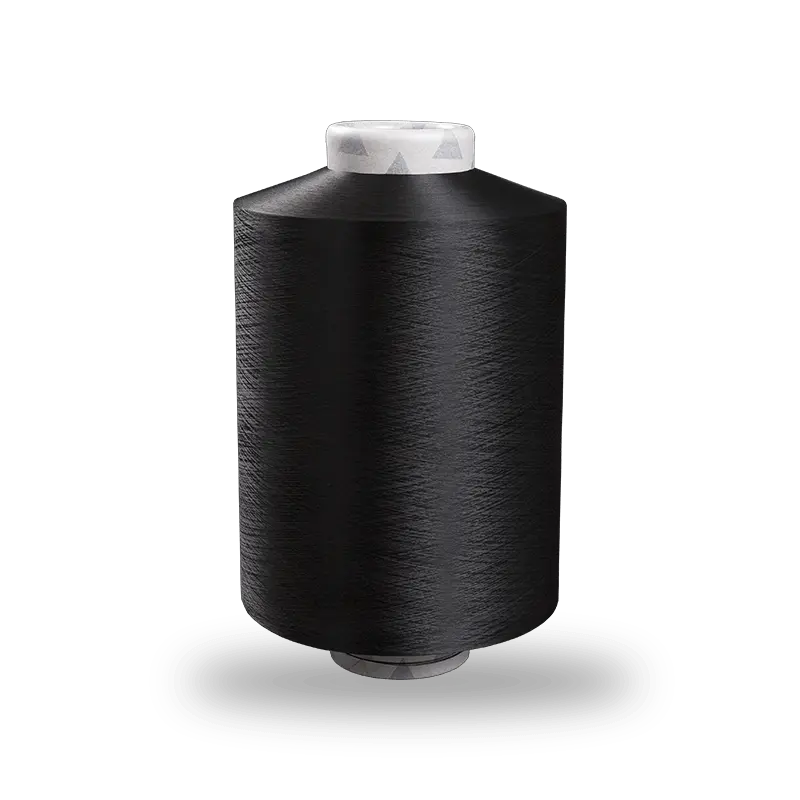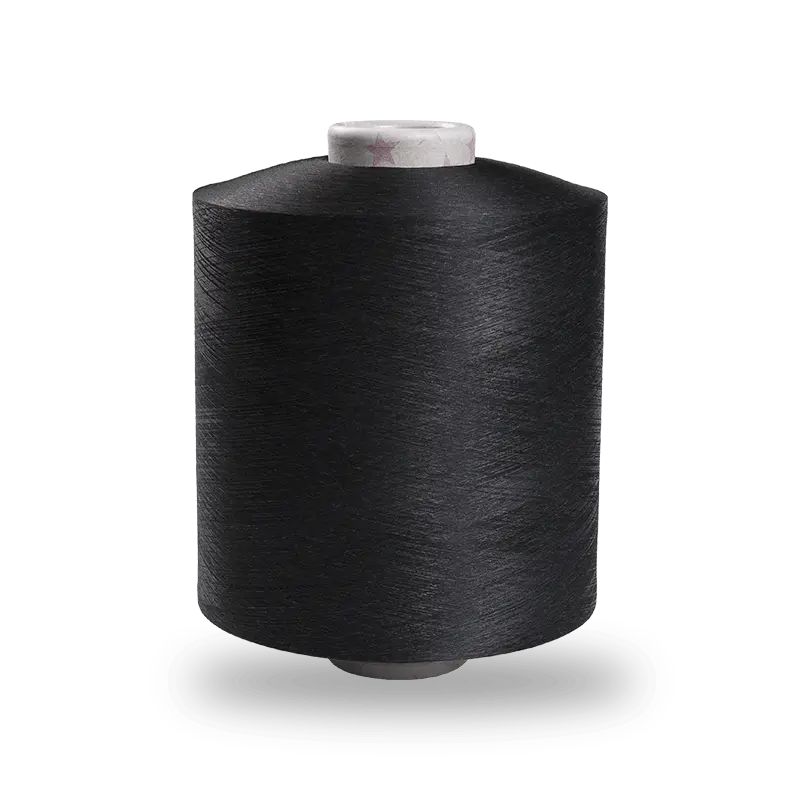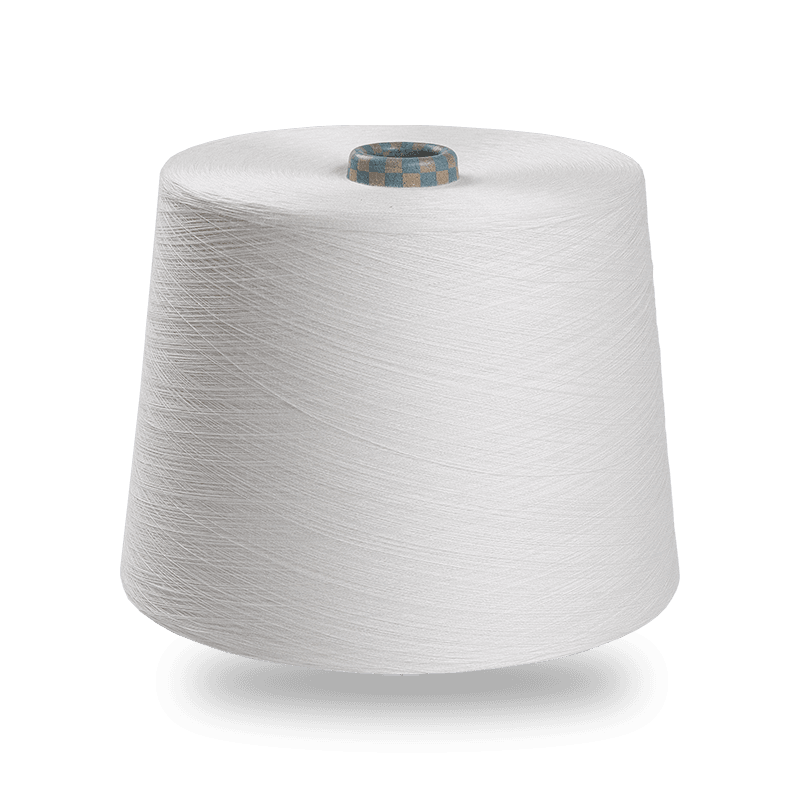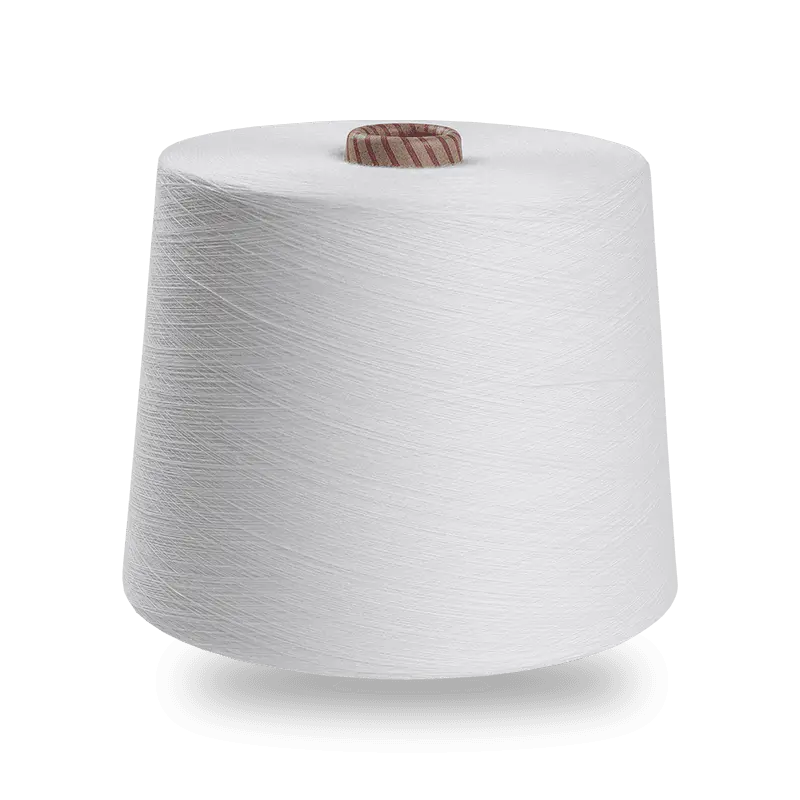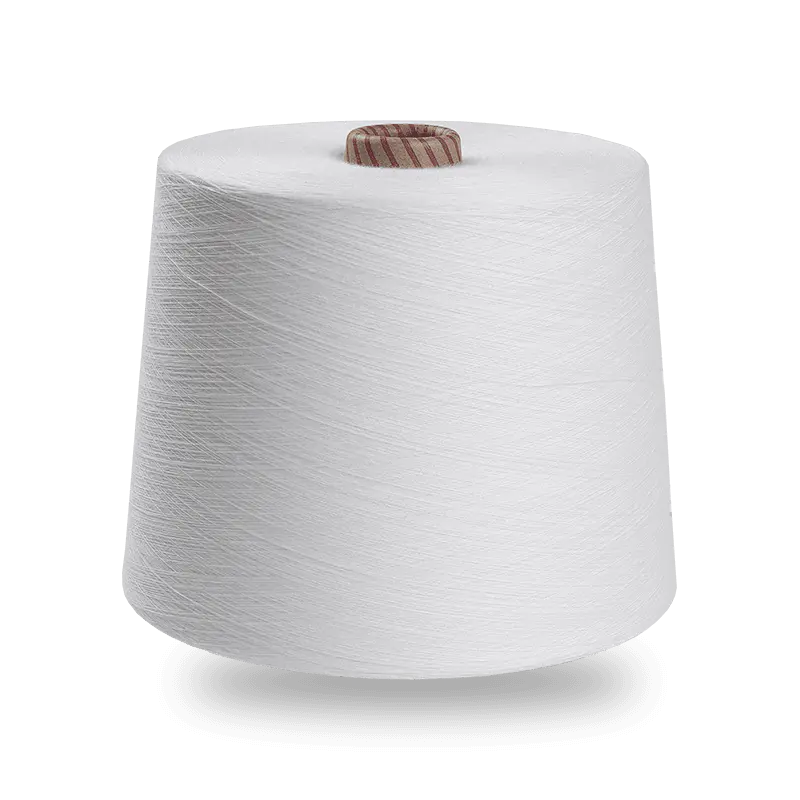The textile industry thrives on precision, speed, and quality. Among the most crucial elements in yarn manufacturing are spinning and winding machines, with TMT (Tokyo Machinery Trading) recognized as a pioneer in this field. TMT spinning and winding machines are engineered to optimize yarn quality, improve productivity, and minimize waste, making them indispensable in modern textile production.
Understanding TMT Machines
TMT machines are high-performance textile machinery designed for producing and handling yarn at industrial scale. They primarily focus on two processes:
Spinning – The conversion of fibers into yarn through controlled twisting and drawing.
Winding – The transfer of yarn from one package to another while ensuring uniform tension, cleanliness, and fault removal.
The integration of these processes ensures that yarn is not only produced but also packaged in a form suitable for weaving, knitting, or further processing.
Core Technologies in TMT Spinning and Winding
TMT incorporates advanced technologies into its machines:
Precision Winding Systems – Ensures uniform yarn packages with consistent density.
Automatic Yarn Clearing – Detects and removes imperfections, knots, and irregularities.
High-Speed Spinning Units – Capable of handling a wide range of fibers including cotton, polyester, blends, and synthetic yarns.
Energy-Efficient Drives – Reduce power consumption and operational costs.
Digital Controls and Sensors – Provide real-time monitoring of yarn quality, tension, and speed.
These innovations allow manufacturers to achieve higher productivity while maintaining stringent quality standards.
Applications of TMT Spinning and Winding Machines
TMT machines are used across a wide spectrum of the textile industry:
Cotton Yarn Production – For apparel and home textiles.
Synthetic & Blended Yarn – For sportswear, technical textiles, and industrial fabrics.
High-Performance Yarns – Used in automotive textiles, geotextiles, and medical fabrics.
By ensuring yarn uniformity and strength, these machines contribute to the durability and performance of end products.
Advantages of TMT Machines
Superior Yarn Quality – Less hairiness, fewer imperfections.
Operational Efficiency – High-speed performance with reduced downtime.
Flexibility – Adaptable to various yarn types and blends.
Cost-Effectiveness – Optimized energy usage and reduced waste.
Automation and Smart Controls – Reduce dependency on manual labor while ensuring accuracy.
Industry Impact and Market Relevance
With global demand for textiles on the rise, TMT spinning and winding machines hold a critical position in meeting production needs. Their reliability and efficiency make them a preferred choice for mills aiming to compete in international markets. Additionally, their emphasis on sustainability and energy efficiency aligns with the textile industry’s growing focus on eco-friendly manufacturing.
Conclusion
TMT spinning and winding machines represent the synergy of innovation, precision, and reliability in the textile industry. By delivering high-quality yarn at scale, they not only support modern textile production but also set benchmarks in efficiency and sustainability. For manufacturers seeking consistent performance and a competitive edge, TMT machines remain a trusted solution.


 English
English 中文简体
中文简体 Español
Español عربى
عربى
